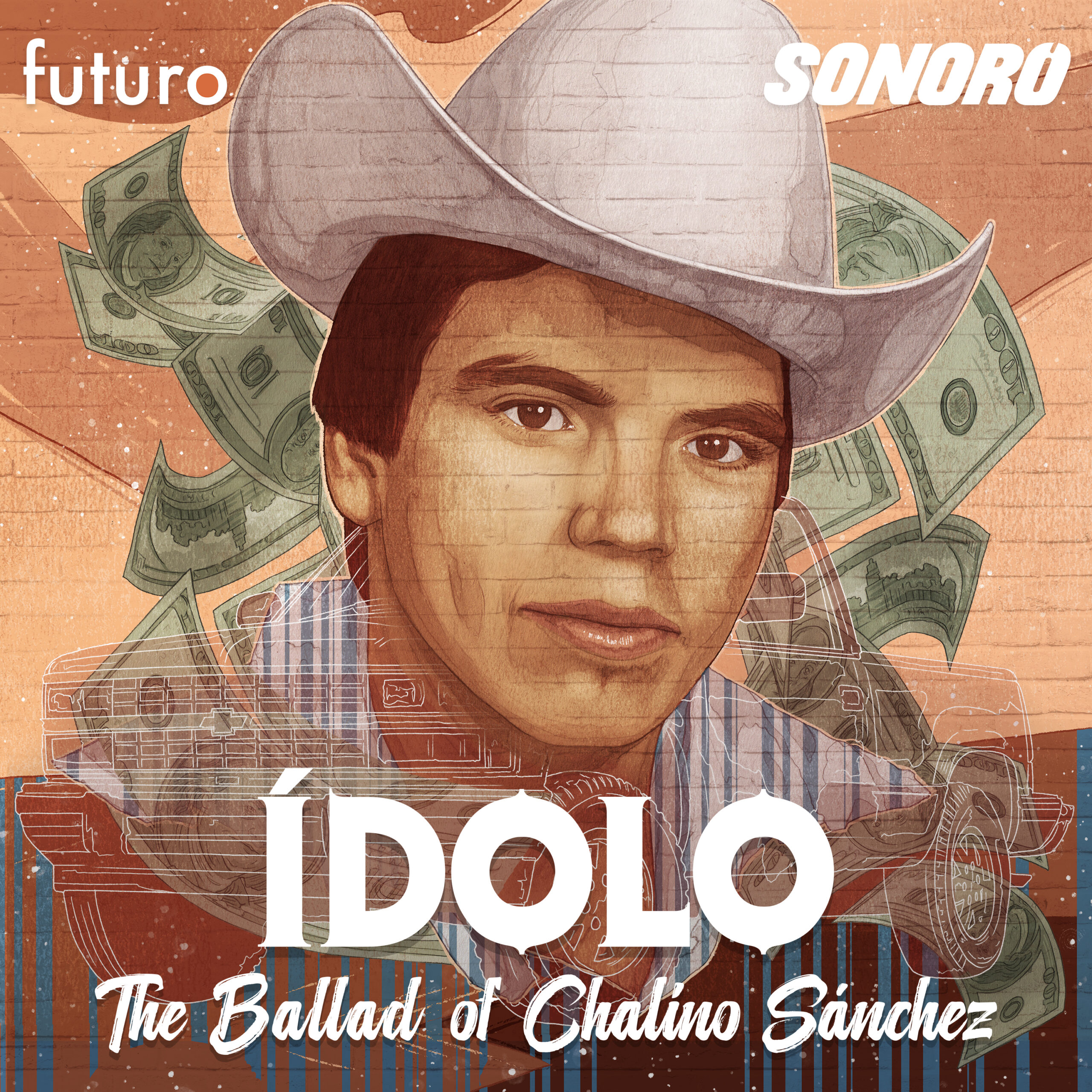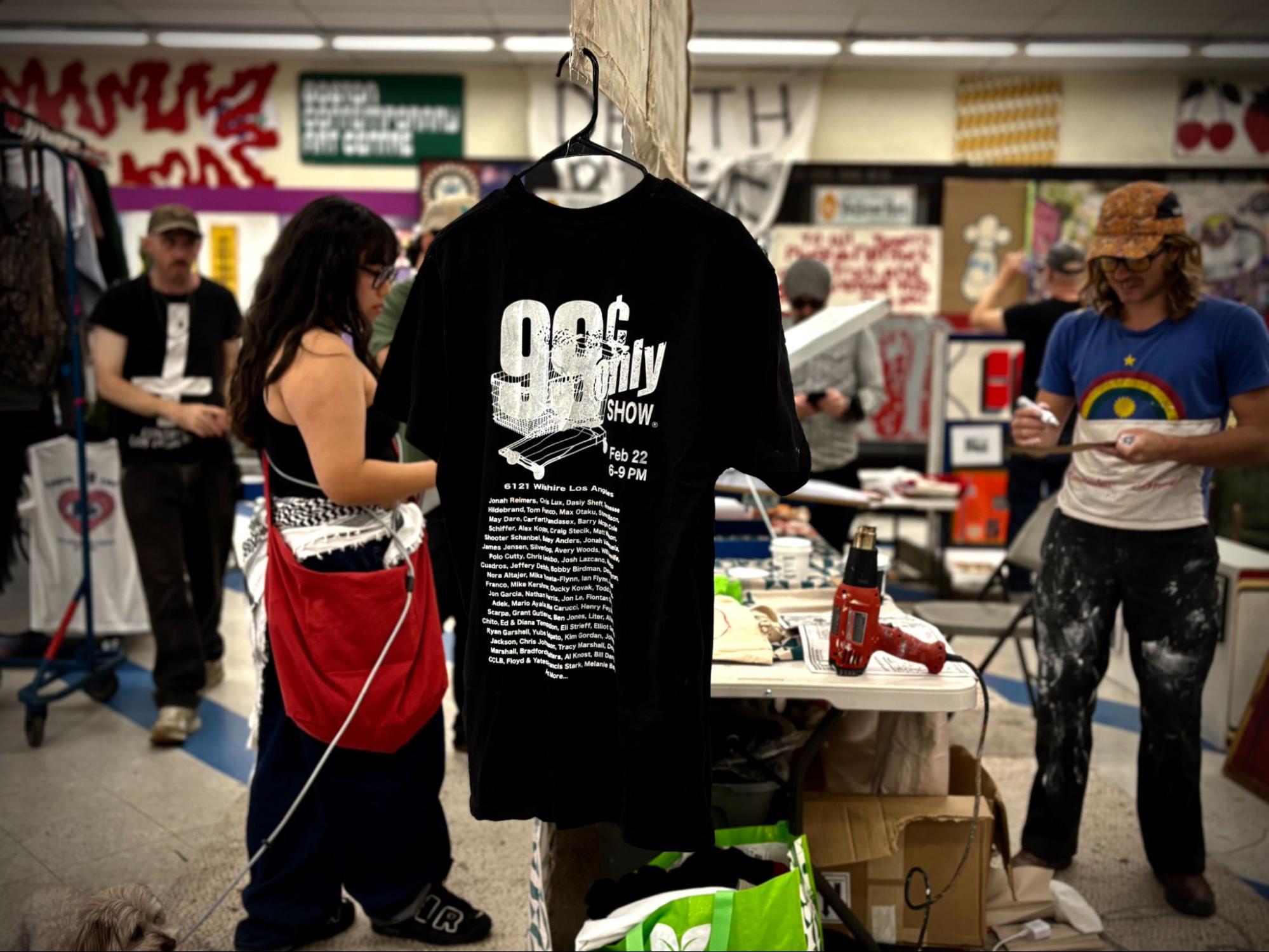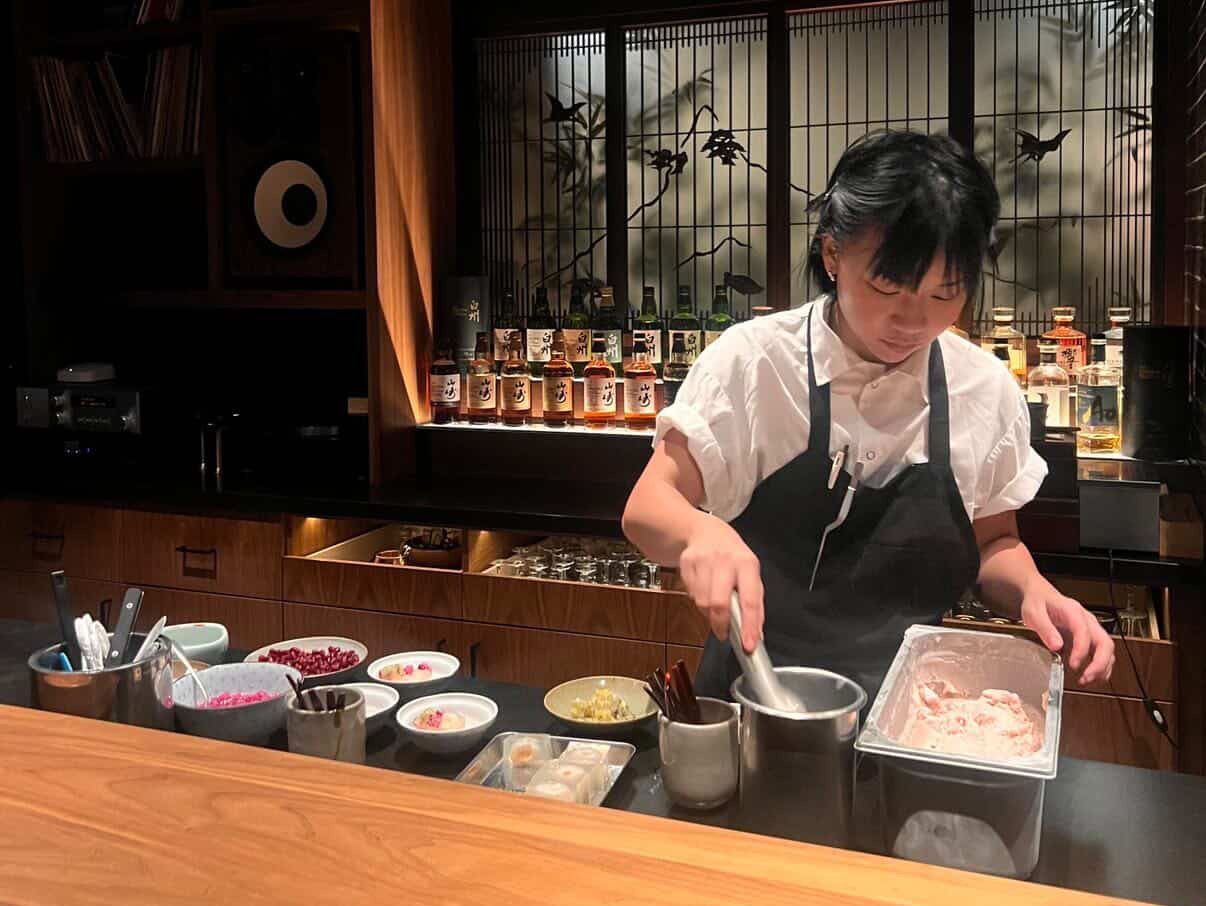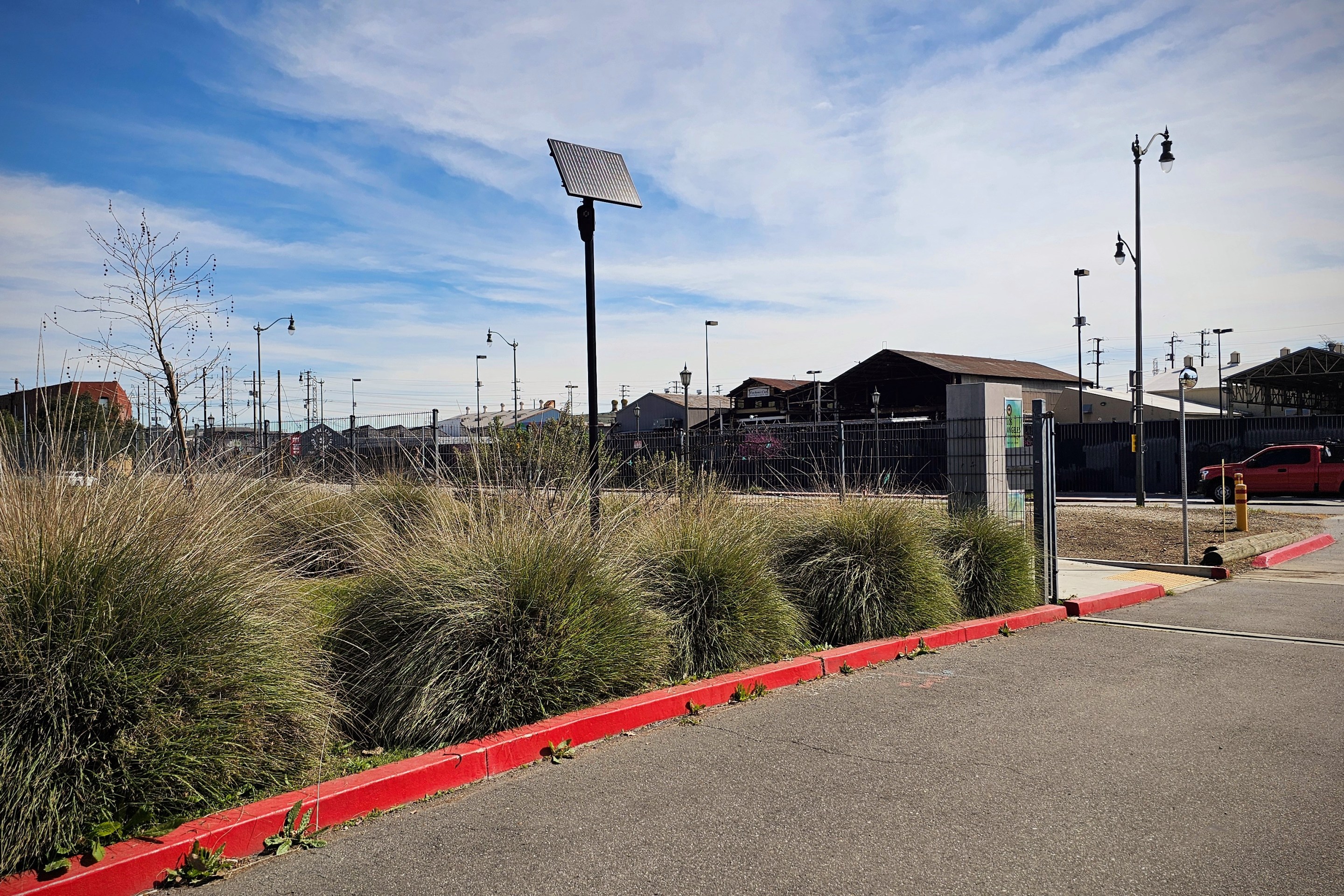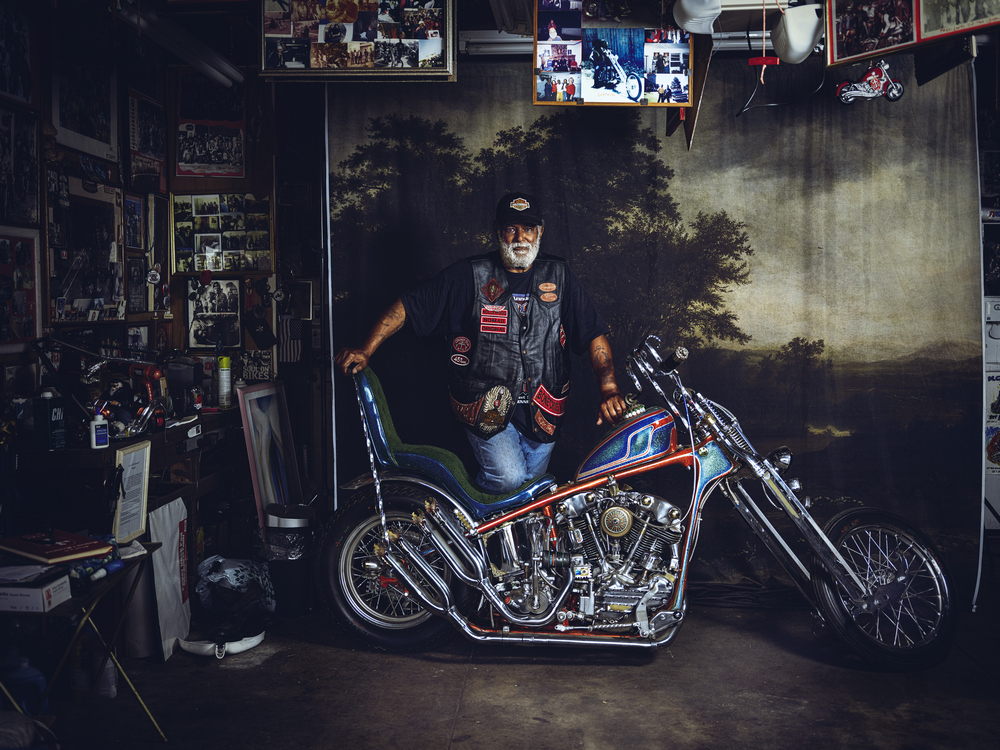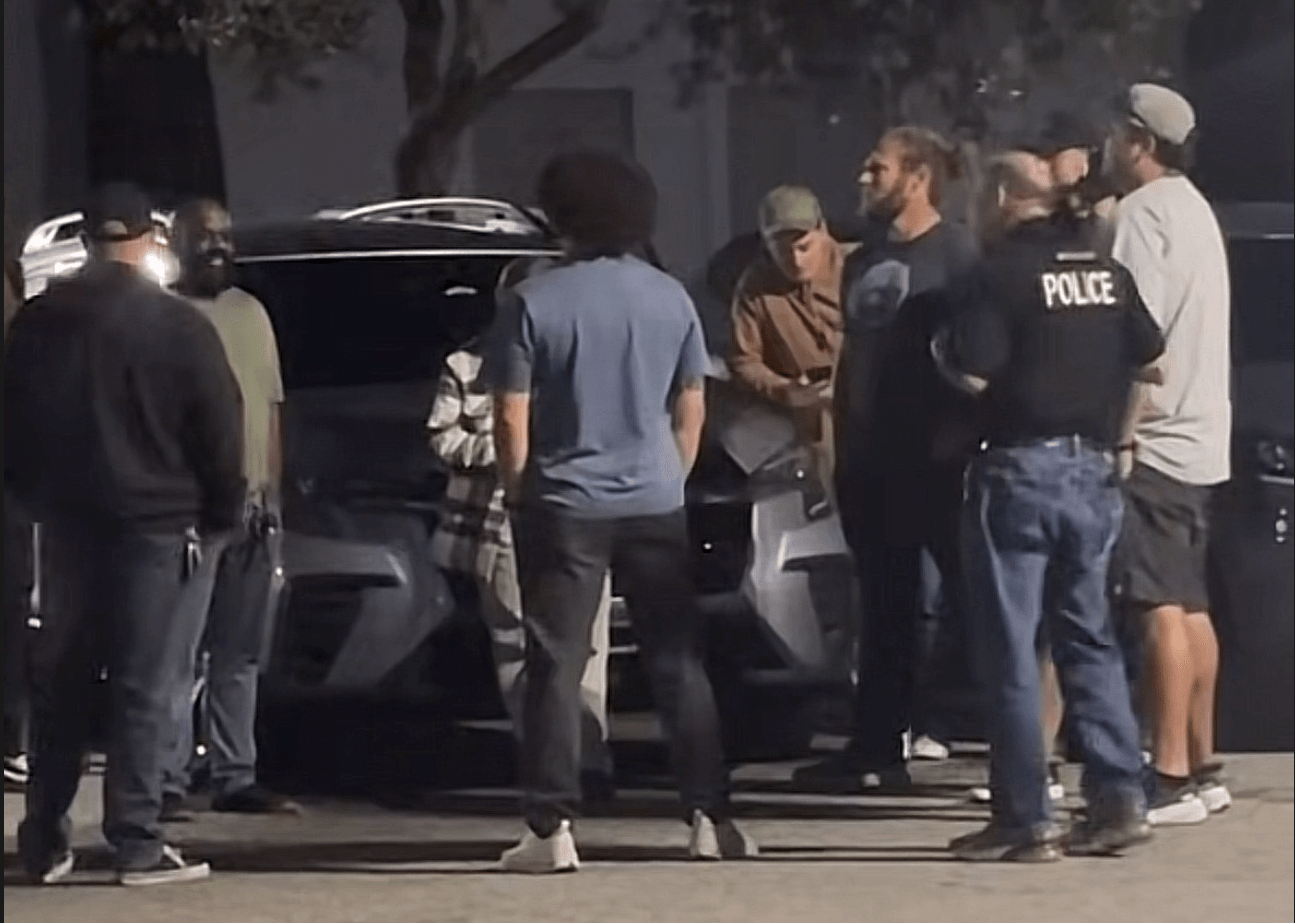Chalino Sánchez is an extension of the Mexican American identity. His music transcends musical genres. You could grow up as a rocker foo or grow up knowing every word to all the west coast hip-hop greats, but as soon as someone put on Chalino at a party or drove down the street bumping his music, his corridos immediately cut deep. The singer has even inspired Mexican American fashion.
Until Ídolo: The Ballad of Chalino Sánchez, a bilingual podcast series about the mysterious death of Chalino that dropped this week, it was hard to put into words why exactly Chalino was so important to so many people. Thirty years after his untimely murder, it took a Sinaloan American redhead born and raised in southeast Los Angeles to give Chalino the posthumous respect and recognition he deserves in American media. Throughout eight captivating episodes masterfully produced by Juan Diego Ramirez, the series takes a critical look at the self-made musician’s life who famously said, “yo no canto, yo ladro.” (I don’t sing, I bark.)
That Sinaloan pelirojo is Erick Galindo, L.A.’s TACO’s Managing Editor emeritus, who has since moved on to create other notable projects like the Wild podcast for LAist and “Mexican Beverly Hills” TV comedy series coming soon to CBS. He is the host and collaborator for Ídolo’s English version (y conducido por Alejandro Mendoza en Español).
The series wastes no time in hooking you into the mystery surrounding his death by inserting you directly into Chalino’s last concert in Culiacán, Sinaloa. That iconic show is available to view and form your personal interpretation in extra fuzzy quality on Youtube. It is known among his international legion of fans for the “death note” that Chalino allegedly received while performing.
“I’ve been trying to get this story told in one way or another for ten years; it felt like it would never happen,” Galindo reveals to L.A. TACO. He credits the recent glamorization of Mexico’s narco culture in series like Narcos Mexico on Netflix and the recent well-covered trial of El Chapo Guzman for him finally getting some yesses to his Chalino pitches. He expresses his sincere gratitude to Futuro and Sonoro Media, the two Latino-led and Latino-focused production companies who said yes to him for making podcasts for the mainstream—not just for Latinos. This explains Ídolo’s extremely innovative bilingual approach and doing the podcasts for two mainstreams: English-speakers and Spanish-speakers.
Galindo sums up the significance of telling Chalino’s story as a tale of “survivor's guilt” that is relatable by anyone who grew up in barrios and ‘hoods, where gang violence and crime are part of everyday life. Chalino grew up in Sinaloa as it was becoming an epicenter for drugs and narco-violence. “White people had Sinatra. He was the son of immigrants. He made it out, but he was a thug connected to various mobsters and went to prison a few times. We have Chalino.”
The podcast is broken down with each conspiracy theory regarding the end of Chalino’s life converted into a complete episode, making it nearly a challenge for the listener not to binge it all. The episodes feature untranslated firsthand accounts of people in Chalino’s life, like his bandmate and accordion player who was there with Chalino in his final show. The podcast is also secretly about Chalino’s life in Los Angeles featuring anecdotes of his rise in the southland, surviving shootouts in California’s high desert, and even having one of his shows—a quinceañera in L.A. where he performed at—raided by police. It also ties in Chalino’s key influences in the multibillion-dollar industry behind today’s corridos tumbados (also known as corridos verdes and trap corridos). Ídolo goes the entire Sinaloan mile and hired a corrido group to create a new corrido about Chalino Sánchez, with lyrics that talk about each death theory that you can hear at the end of each episode.
The life of Chalino Sánchez has been chronicled before. In books, you have True Tales from Another Mexico, and in documentaries, you have Chalino Sánchez: Una Vida de Peligros. But Galindo, born to two immigrants from Sinaloa, Mexico, applies an existential layer of art imitating life to his Chalino podcast. Especially in the wake of himself being a journalist covering the origins of Mexican narco-culture in a time when narco-violence has killed at least 145 journalists from 2000 to 2021, and four this last month alone. “For me, Chalino was a childhood hero. When you’re a kid growing up in this shit. You don’t have the tools to analyze what it means to glorify violence and what it means to perpetuate toxic masculinity. We were all just trying to survive.” According to Galindo, every story deserves dignity and respect. “Chalino’s stories glorify violence? So does mine, so does my cousins, and so does my tios, and so on and on. If David Chase can sell a beautifully told story about the Italian mafia, we can tell our own crime stories too.”
“I don’t think violence is cool, but I also think it’s what’s real for a lot of communities. The violence exists whether we talk about it or not.”
Ídolo: The Ballad of Chalino Sánchez is out now.
